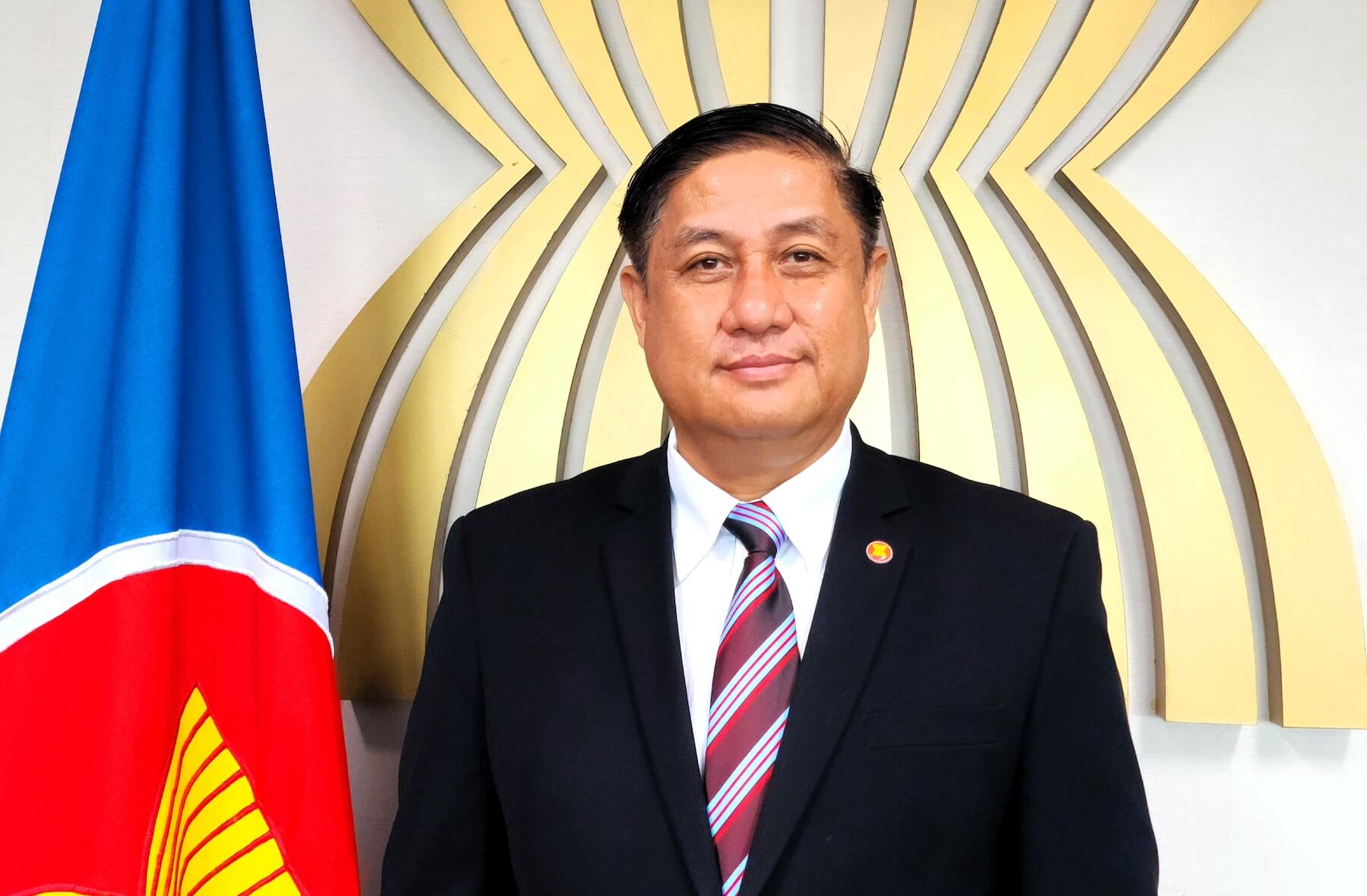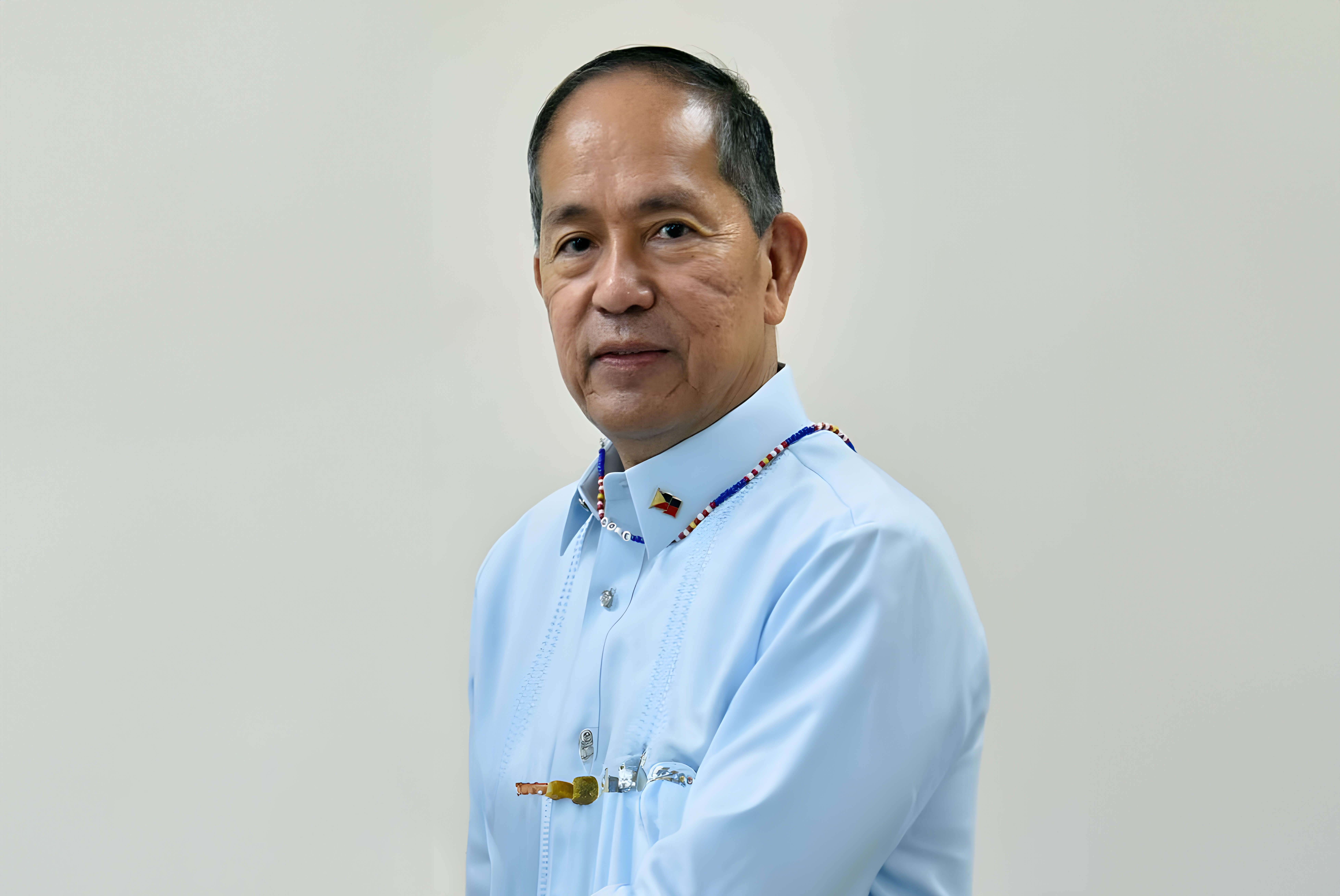


Micro, small, and medium enterprises (MSMEs) form the backbone of ASEAN's economies and provide jobs for millions of people. Dato' Suriani Binti Dato' Ahmad explains why it is crucial to help MSMEs become more competitive and resilient.
Snapshot of MSMEs in the region
Micro, small and medium enterprises have been long recognised as important contributors to ASEAN’s economic prosperity and societal well-being, owing to their significant numbers and widespread presence, both sector- and geographical-wise.
Allowing for different definitions of MSME adopted by the ASEAN Member States (see pp. 38-39), there are no less than 70 million MSMEs in ASEAN. As is true with most countries, the MSMEs form a significant share of enterprises, ranging from 97.2 per cent up to 99.9 per cent in each ASEAN Member State, contributing to 85 per cent of the region’s employment. Collectively, the MSMEs contribute an average of 44.8 per cent to the region’s gross domestic products and 85 per cent to employment. However, despite their dominant share, the MSMEs in Member States only contribute between 10.0 and 29.9 per cent to national exports (ASEAN, 2021).
It is also estimated that there are 62 million informal enterprises, creating 97 per cent of job opportunities in ASEAN (OECD, 2021). Where data is available, microenterprises make up a large portion of the total number of MSMEs in a country. To cite a few examples, microenterprises constitute 98.8 per cent in Indonesia (Tirta and Sarli, 2021), 89 per cent in the Philippines (DTI, n.d.), and 79 per cent in Malaysia (Malaysia Statistical Business Register, 2022).
Regional cooperation on MSME development
Regional cooperation on SMEs began in 1995 with the establishment of the ASEAN SME Working Group (ASEAN SMEWG), which comprised representatives of SME development agencies in AMS. The SMEWG was mandated to formulate policies, programmes and activities on SME development. In 2016, the ASEAN SME Working Group was renamed ASEAN Coordinating Committee on Micro, Photo Credit: © TAW4/Shutterstock Small and Medium Enterprises (ACCMSME) to expand its scope of work and include micro-enterprises and cover cross-sectoral issues, such as digital economy, women and youth, as well as the financial inclusion.
ACCMSME’s current work is guided by the ASEAN Strategic Action Plan for SME Development (SAP SMED 2025). The SAP SMED 2025 focuses on five strategic goals built upon areas deemed as foundational pillars in nurturing globally competitive, innovative and resilient MSMEs. These are:
i. Promote productivity, technology and innovation.
ii. Increase access to finance.
iii. Enhance market access and internationalisation.
iv. Enhance policy and regulatory environment.
v. Promote entrepreneurship and human capital development.
MSMEs in ASEAN are a heterogeneous group—they vary by size, ownership, nature, and objectives of businesses, sectors, social background and geographical locations. It is impossible to formulate one-size- f its-all policies for these firms. Hence, the SAP SMED 2025 was structured to be implemented in two pathways, namely, the competitive pathway, to promote global competitiveness, targeting high- growth and high-potential enterprises; and the inclusive pathway, to facilitate ASEAN’s transition from traditional economy through industrialisation and ensure that no enterprise is left behind from its initiatives.
Since 2016, the implementation of SAP SMED 2025 has led to over 100 initiatives in the form of capacity building programmes, experience sharing sessions, and development of reference materials and portals for MSMEs and MSME enablers in ASEAN. Holistically, these initiatives have benefitted about 100,000 MSMEs, including women and youth, as well as more than 300 MSME enablers (i.e., policymakers, financial institutions, incubators and accelerators).
Support infrastructure and programmes for ASEAN MSMEs
Of the many initiatives implemented over the years, I would like to focus on the relaunch of two long-standing f lagship initiatives championed by the ACCMSME, namely, the ASEAN Access and ASEAN SME Academy, to provide direct support to MSMEs, especially in leveraging the advances in digital technologies.
Spearheaded by Thailand, with support from the Federal Government of Germany and the German Agency for International Cooperation (GIZ), the ACCMSME relaunched the ASEAN Access. This web portal provides market and trade-related information as well as virtual business matching services through ASEAN Access MATCH for businesses in ASEAN and beyond that wish to trade within and beyond ASEAN. Relaunched at the height of the pandemic in June 2021, when travelling restrictions curtailed cross-border movements, the ASEAN Access is a cost-effective alternative, leveraging digital platforms for businesses to explore opportunities and seek partnerships beyond domestic markets.
MSMEs can register, at no cost, to use the services of the ASEAN Access and participate in the tailoredmade business matching activities and events organised virtually through ASEAN Access MATCH. Registered users of the portal may access country-specific information, get in touch with the relevant authority agencies and access a list of service providers providing commercial services pertinent to setting up businesses in a foreign country, such as market research, and distribution services.
The ASEAN SME Academy is an e-learning platform for MSMEs that was recently relaunched to version 2.0 in April 2022. Implemented in partnership with the US-ASEAN Business Council and the US Government, the ASEAN SME Academy 2.0 hosts entrepreneurial content from large multinational corporations such as Microsoft, Google, Amazon, Visa, and Mastercard on topics ranging from finance, human resources, marketing, operations, and technology, including the usage of digital tools. Customised content on COVID-19 recovery is in the pipeline, scheduled to be released in Q3 2022.
First launched in 2016, the revamped platform offers learner-friendly design, multi-lingual support in Indonesian, Thai, and Vietnamese, and crossplatform compatibility. Similar to ASEAN Access, the service is provided to MSMEs free of charge. Our partner, US ASEAN Business Council, elaborates on the Academy at length in this issue as well.
Ensuring the resilience of MSMEs to global shocks in the future
Given the heterogeneity of MSMEs, there are no blanket solutions. For the purpose of this article, I will focus on recovery through digitalisation, which is one of ASEAN’s priorities in the coming years.
The COVID-19 pandemic brought unprecedented growth to the digital economy. Ryan Holiday, author of the book The Obstacle Is the Way: The Timeless Art of Turning Trials into Triumph described the COVID-19 pandemic as a “forced lifestyle experiment.” For businesses, this meant adapting to new ways of doing business. Many had adapted well, even managing to turn pandemic-driven obstacles into opportunities and f lourish during the pandemic. These turn-around were made possible by embracing digital technologies (World Economic Forum, 2021).
According to research from Google, Temasek Holdings and Bain & Co., e-Conomy SEA 2021 (Roaring 20s: The SEA Digital Decade), Southeast Asia’s internet economy is predicted to reach 360 billion US dollars by 2025, surpassing the previous prediction of 300 billion US dollars. The same research reported that the region added 60 million new digital consumers since the beginning of the pandemic, with 90 per cent of new digital users in 2020 retaining the usage of digital services in 2021. Digital is here to stay.
In addition, the Fourth Industrial Revolution brings about disruptive digital technologies that will transform manufacturing activities across the entire value chain. By 2025, it is expected that digital connectivity enabled by software and hardware technologies will fundamentally change ways of doing business. While it opens doors of opportunities, this megatrend also brings significant threats of labour displacement through automation and artificial intelligence.
For MSMEs to remain resilient and competitive, they must prepare to embrace digital transformation, either by being consumers or producers of digital technologies and services. There are opportunities for MSMEs to integrate into new markets by providing relevant services and products as inputs to global supply chains or by serving new consumer demand directly. This will require MSMEs to upskill and reskill themselves and their workforce to be able to digitally transform themselves and add value to their products and services.
ASEAN governments must work closely with the private sector to provide the MSMEs with the necessary support in this limitless endeavour. Incentivising MSME enablers, such as incubators, accelerators, and training centres, to provide upskilling and reskilling services/courses are instrumental. Beyond promoting reskilling and upskilling to MSMEs, ASEAN governments must work towards preparing and equipping the future workforce with market-relevant knowledge and skills for the digital future. This could be done through public-private partnerships to offer enterprise-based training and strengthen technical and vocational education systems. To leverage regional cooperation, such programmes could and should be done cross-border where movements of talents and knowledge transfers should be encouraged.
In conclusion, I would like to emphasise that given the significant number of MSMEs and their importance to ASEAN, it is not a stretch to say that MSMEs are the backbone of ASEAN’s economy. Through the ongoing process of ASEAN integration, there are plenty of opportunities for the region to collaborate to elevate the status and contribution of MSMEs in ASEAN Member States, ASEAN and subsequently promote their participation in the global economy.








